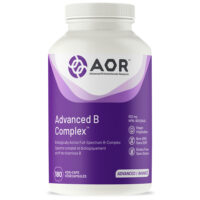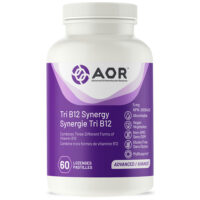There are all sorts of skin treatments on the market today. Many have ingredients that are difficult to pronounce, much less understand what they do to our skin. With all of the different products that are out there, it is surprising to some that Vitamin A is one of the best things available for skin of virtually any type.
Using Vitamin A in any form is great for your skin. It can help clear up acne and get rid of fine lines and wrinkles. It keeps the skin supple and aids in the repair of sun damage. In many cases, simply making sure that you’re getting enough Vitamin A in your diet can dramatically improve your complexion.
Many fruits and vegetables contain Vitamin A. Here are some of the best sources:
* Carrots
* Spinach
* Apricots
* Papaya
* Mango
* Peaches
* Red peppers
If you eat a balanced diet, it is fairly easy to get enough Vitamin A each day. But if you do not, it might be a good idea to take a Vitamin A supplement. Not only is this good for your skin, it can also help your body fight off infections and produce cells. It can improve night vision as well.
Topical Vitamin A
In addition to taking Vitamin A internally, many people use skin creams and gels that contain the nutrient. Some are available over the counter, while others require a prescription.
Retin-A is one of the most recognizable types of topical Vitamin A. Primarily used for the treatment of acne, Retin-A is available only by prescription. It works by increasing the quality of skin cells in the dermis. Retin-A is also prescribed for those with fine lines, wrinkles, and sun damage.
A variety of topical Vitamin A preparations are available without a prescription. They are most often used to treat signs of aging, but may also be used for skin disorders such as psoriasis and warts. Some are available in gel form for those with extremely oily skin.
Side Effects of Vitamin A
Vitamin A is generally very safe as long as you do not overdo it. But it can produce some unwanted side effects. It can dry out the skin, and this can be particularly bothersome for those who had dry skin already. It also makes the skin more sensitive to the sun, resulting in a higher incidence of sunburn and sun damage. Using a good sunscreen can help prevent sun-related problems.
Overall, the potential ill effects of Vitamin A are overshadowed by its tremendous benefits for the skin. It is one of the few things that work well for both acne and wrinkles, and it is also useful in the treatment of many other skin problems. By getting plenty of Vitamin A in your diet, and adding topical treatments if needed, you can keep your skin looking beautiful.







